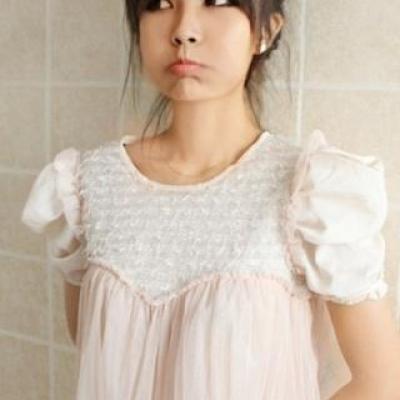Forums » News and Announcements
Nongfu Spring to sue over quality claims
-
Nongfu Spring, one of China's biggest bottled water companies, is attempting to sue The Beijing Times over reports that its products fail to meet national standards.In an online statement on Monday, the company said it is seeking 60 million yuan ($9.7 million) in damages from the paper, which it accuses of defamation.To get more news about Nongfu Spring, you can visit en.nongfuspring official website.
Zhong Shanshan, chairman of Nongfu Spring, appeared at a news conference in the afternoon that descended into a war of words with reporters from The Beijing Times, who insisted reports about the water quality had been "factual" and "well-grounded". An unidentified female manager with the company, who also appeared at the briefing, did not answer questions directly about the legal action, but would only confirm a lawsuit has been filed with a Beijing court and it is awaiting acceptance.
The dispute has raged since April 10, when The Beijing Times published a report that said Nongfu Spring, whose sales of bottled water account for 20 percent of the domestic market, did not meet the national water quality standard, and instead adhered to a lower standard set by Zhejiang province, where the company is based. On its bottles' label, Nongfu Spring quotes DB33/383-2005, the Zhejiang standard, but not the updated national standard, despite its products being available nationwide.
Some Zhejiang quality standard indexes are considered less strict, which have caused doubt as local standards are required to be stricter than national standards, according to regulations. One example is on the permitted amount of toxic arsenic, where no more than 0.01 milligrams per liter is the national standard, but the allowed maximum amount is 0.05 mg/liter according to Zhejiang standards, which are followed by Nongfu Spring. Nongfu Spring's chairman Zhong said on Monday: "We didn't label national standards on our product because they are mandatory, and we are also supervised by national standards in production."The company has been adopting several standards for bottled water products, he said, including a national standard on the sanitation of bottled drinking water, a national standard on tap water and a quality standard on bottled drinking water made in Zhejiang.
The chairman neither confirmed nor denied a report by The Beijing Times on Monday that production at Nongfu Spring's barreled drinking water factory in Beijing had been suspended, on orders from the capital's bureau for quality supervision, inspection and quarantine. However, Zhong said the factory will not produce barreled drinking water - water stored in barrels that usually have a capacity of 19 liters - in Beijing in the future, although no quality issues have been found since the factory opened in Beijing in 2008.He said inaccurate reports had caused big troubles for the company in the past month, and have forced the company to quit producing barreled drinking water in Beijing.
Qu Sheng, a dealer in barreled water in Beijing's Haidian district, earlier told China Daily that he had not sold Nongfu Spring-branded water for half a month."About two weeks ago, Nongfu Spring informed me they could not sell me barreled water any longer, without giving me any reason," he said. "But all other brands of barreled water are being sold normally."
Meanwhile, experts said a lack of unified standards to regulate bottled water not only caused confusion, but also made it difficult to put enterprises under supervision.Dong Jinshi with the International Food Packaging Association suggested a unified national standard formulated to cover all mandatory indexes of bottled water. Bottled-water companies in China adopt a variety of water standards, including national standards made by different ministries; standards made by local governments; and those made by the companies themselves.This creates confusion among the public and makes it difficult for the food authorities to supervise quality, Dong said.
